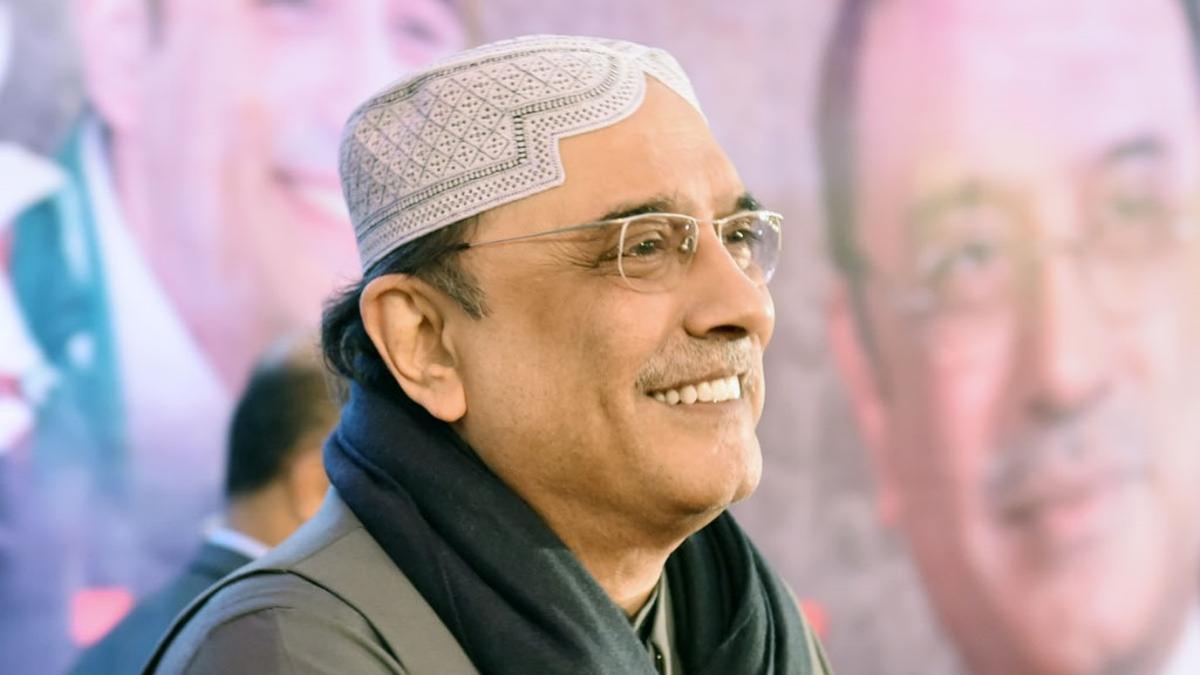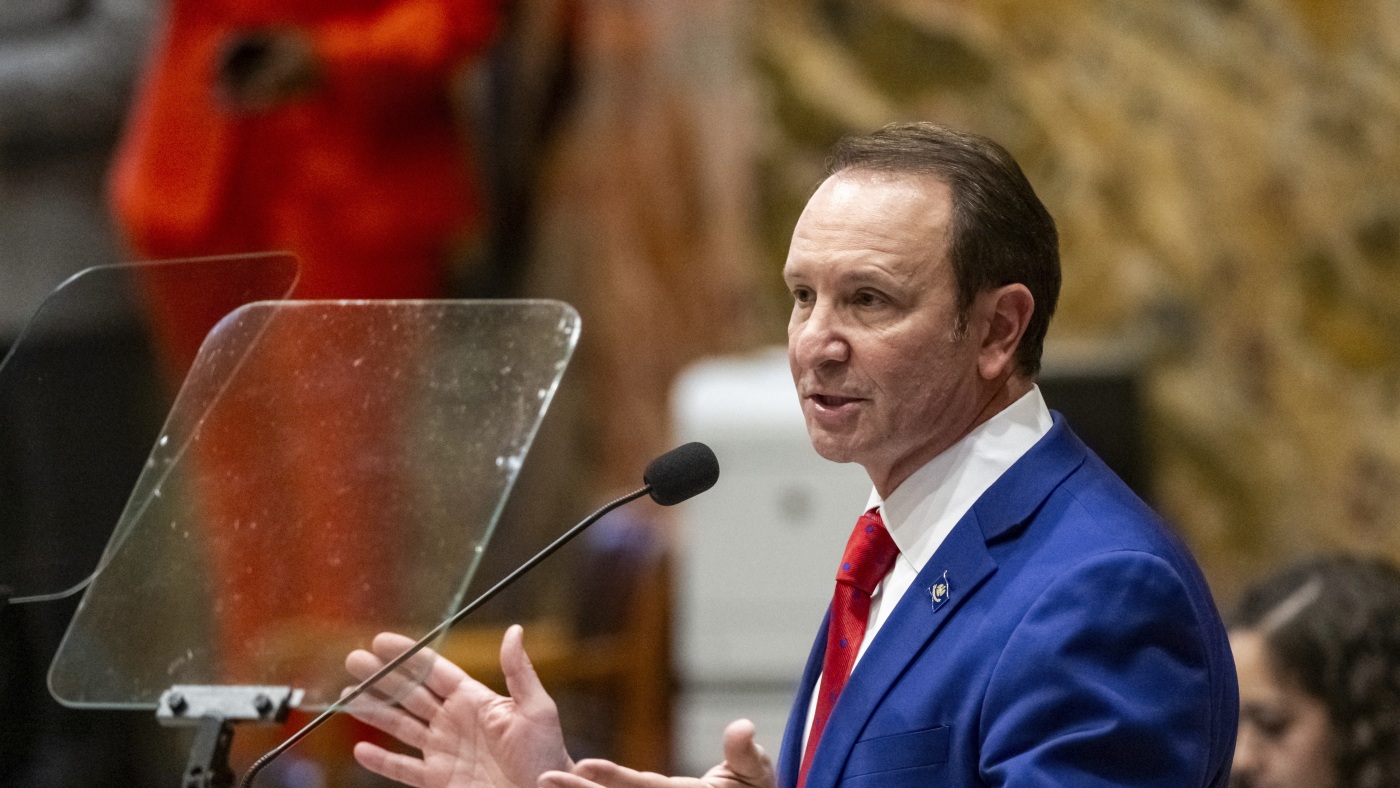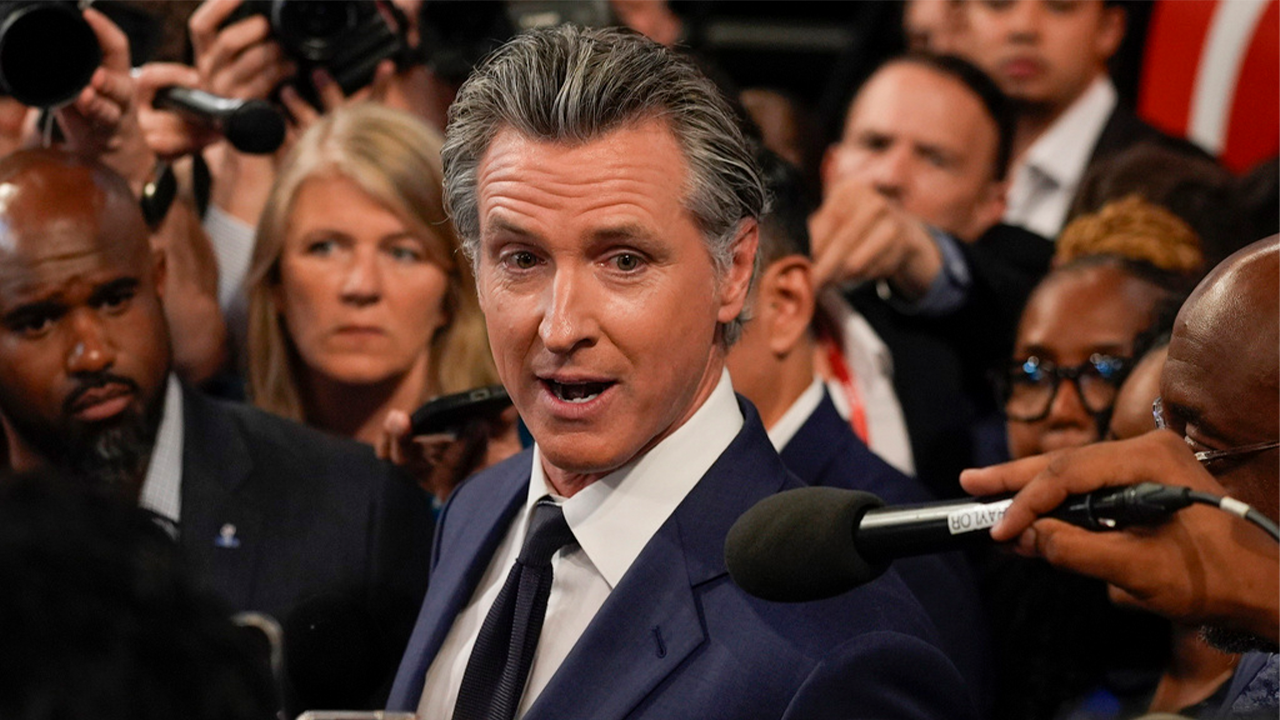Pakistan President Asif Ali Zardari on June 30 gave his assent to the government’s tax-heavy Finance Bill 2024, which drew sharp criticism from the Opposition which labelled it as an IMF-driven document that was harmful to the public for the new fiscal year, according to a media report.
Finance Minister Muhammad Aurangzeb presented the Budget in the National Assembly on June 12, drawing sharp criticism from the opposition parties, especially jailed former premier Imran Khan’s Pakistan Tehreek-e-Insaf (PTI), as well as coalition ally Pakistan Peoples Party led by former foreign minister Bilawal Bhutto-Zardari.
On June 28, Parliament passed the Pakistani Rs 18,877 billion Budget for the fiscal year 2024-25, detailing the expenditures and income of the government.
The Opposition parties, mainly parliamentarians backed by currently incarcerated former premier Khan, had rejected the Budget, saying it would be highly inflationary.
During the National Assembly session, opposition lawmakers criticised the Budget, asserting that it was now an open secret that the document was dictated by the International Monetary Fund (IMF). Leader of the Opposition Omar Ayub Khan had denounced the budget as “economic terrorism against the people”.
Earlier this week, the PPP — which had initially boycotted the debate over the Budget — decided that it would vote for the finance bill despite certain reservations.
On Friday, the National Assembly passed the budget with some amendments. The motion was preceded by fiery speeches from the opposition, who described the budget as unrealistic, anti-people, anti-industry, and anti-agriculture, the Dawn newspaper reported.
President Zardari on Sunday gave assent to the bill in accordance with Article 75 of the Constitution, the media wing of the President House said, adding that the bill would be applicable from July 1. Under Article 75 (1), the president has no power to reject or object to the finance bill, which is considered to be a money bill as per the Constitution.
On June 28, the Government extended exemptions in specific sectors while announcing new tax measures in several areas to generate additional revenue in the coming fiscal year to meet the International Monetary Fund’s criteria.
Pakistan is in talks with the IMF for a loan of $6 billion to USD 8 billion, the report said. Earlier this week, PM Shehbaz confirmed that the budget was prepared in collaboration with the IMF.
Amendments include introducing a capital value tax on property in Islamabad, implementing new tax measures on builders and developers and increasing the Petroleum Development Levy (PDL) on diesel and petrol by Pakistani Rs 10 instead of the proposed Pakistani Rs 20.
According to the budget documents, the gross revenue receipts have been estimated at Pakistani Rs 17,815 billion, including Pakistani Rs 12,970 billion in tax revenues and Pakistani Rs 4,845 billion in non-tax revenue.
The share of provinces in the federal receipts will be Pakistani Rs 7,438 billion. The growth target had been set at 3.6% during the next fiscal year. Inflation is expected to be 12%, budget deficit 5.9% of GDP and primary surplus will be one per cent of the GDP.

























